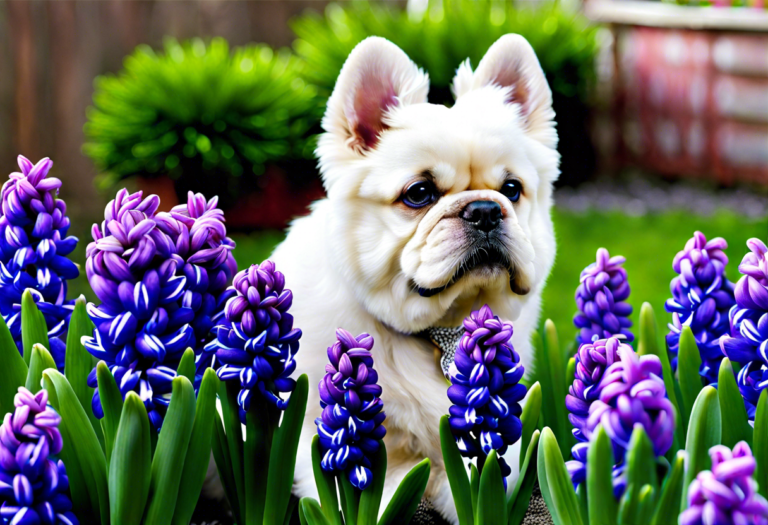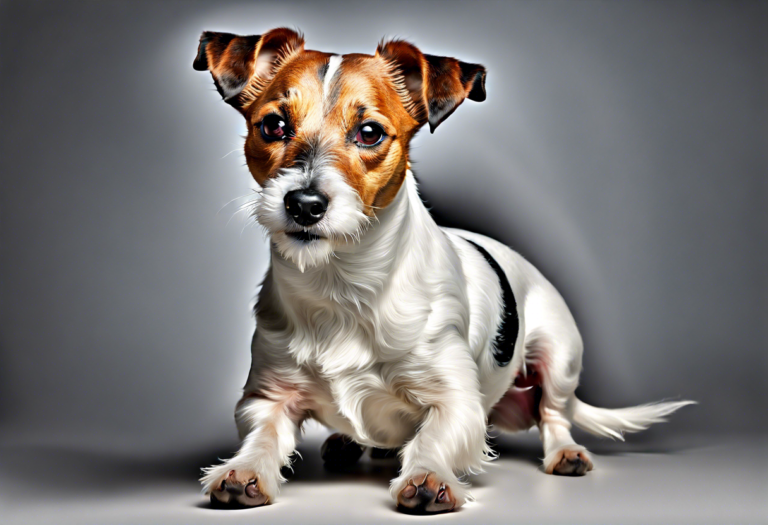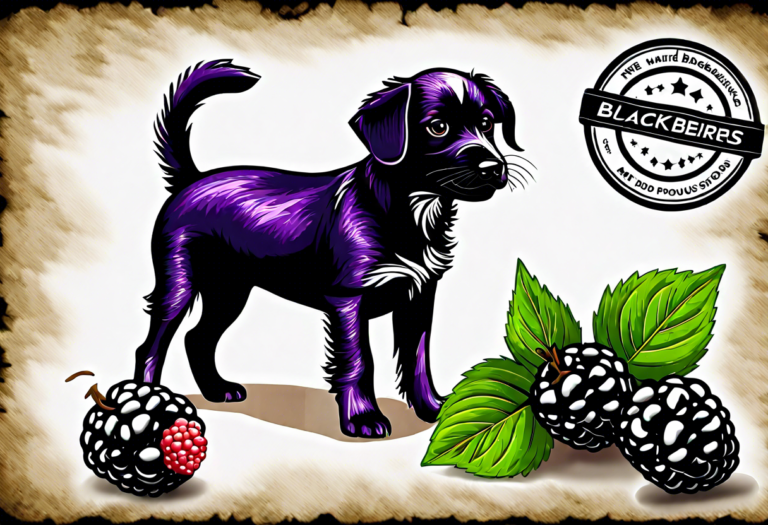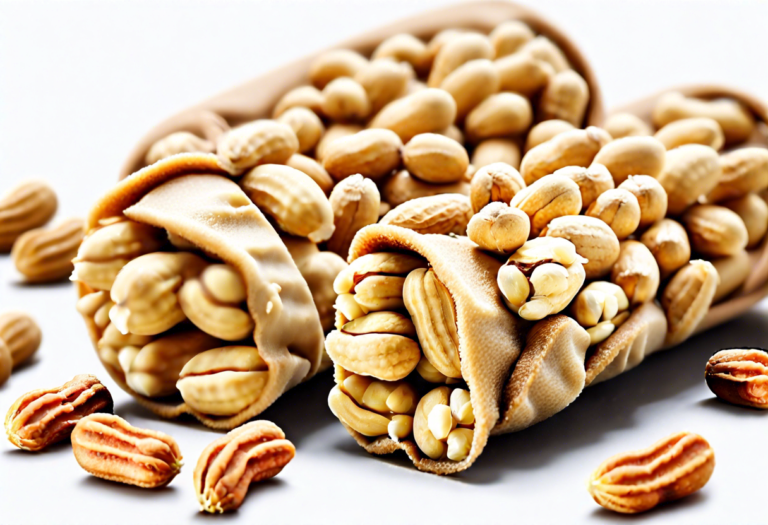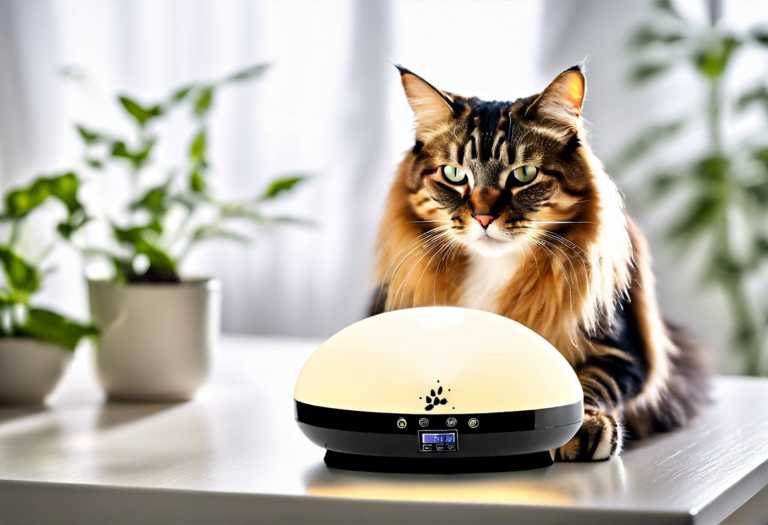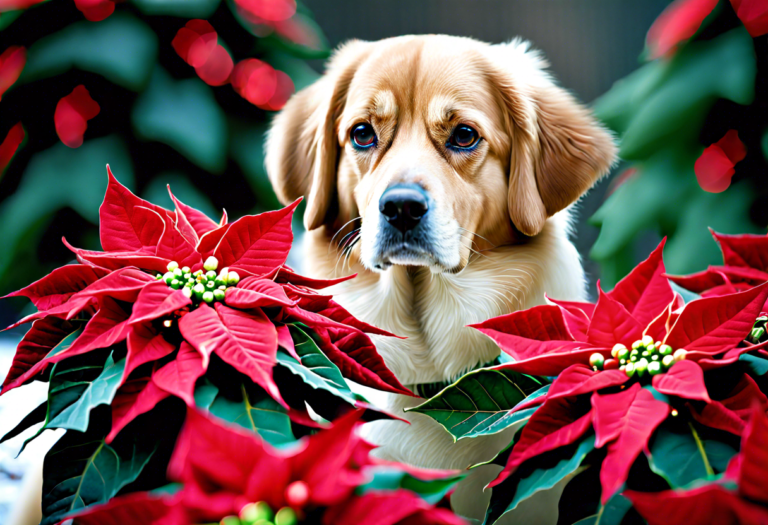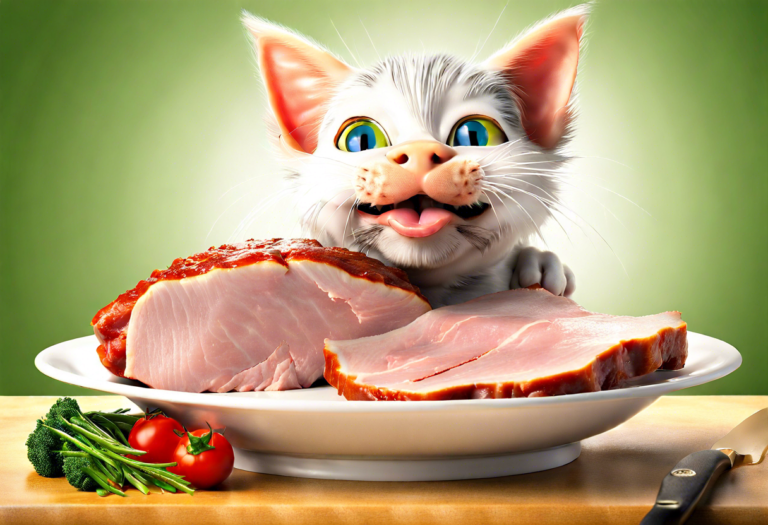The Intelligence and Skills of Border Collies: An Overview
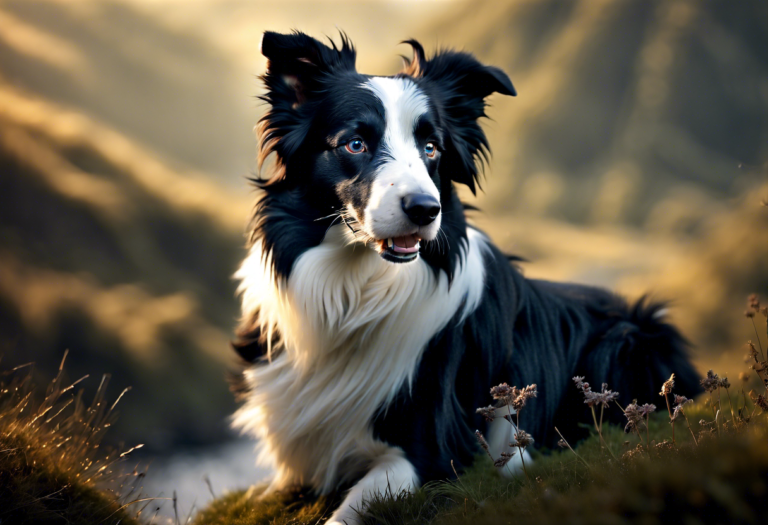
Traits and Characteristics of Border Collies Border Collies: Traits and Characteristics to Admire Intelligence and Trainability Border Collies are widely acclaimed for their exceptional intelligence. They are considered one of the most intelligent dog breeds globally, known for their ability…

